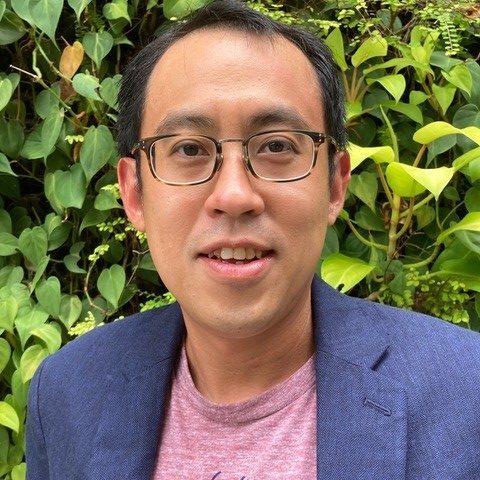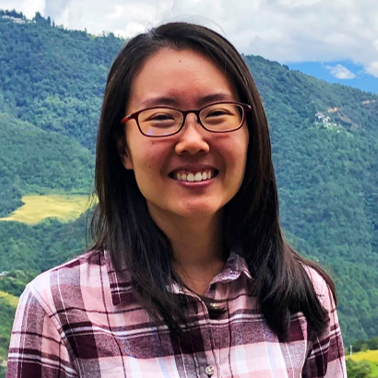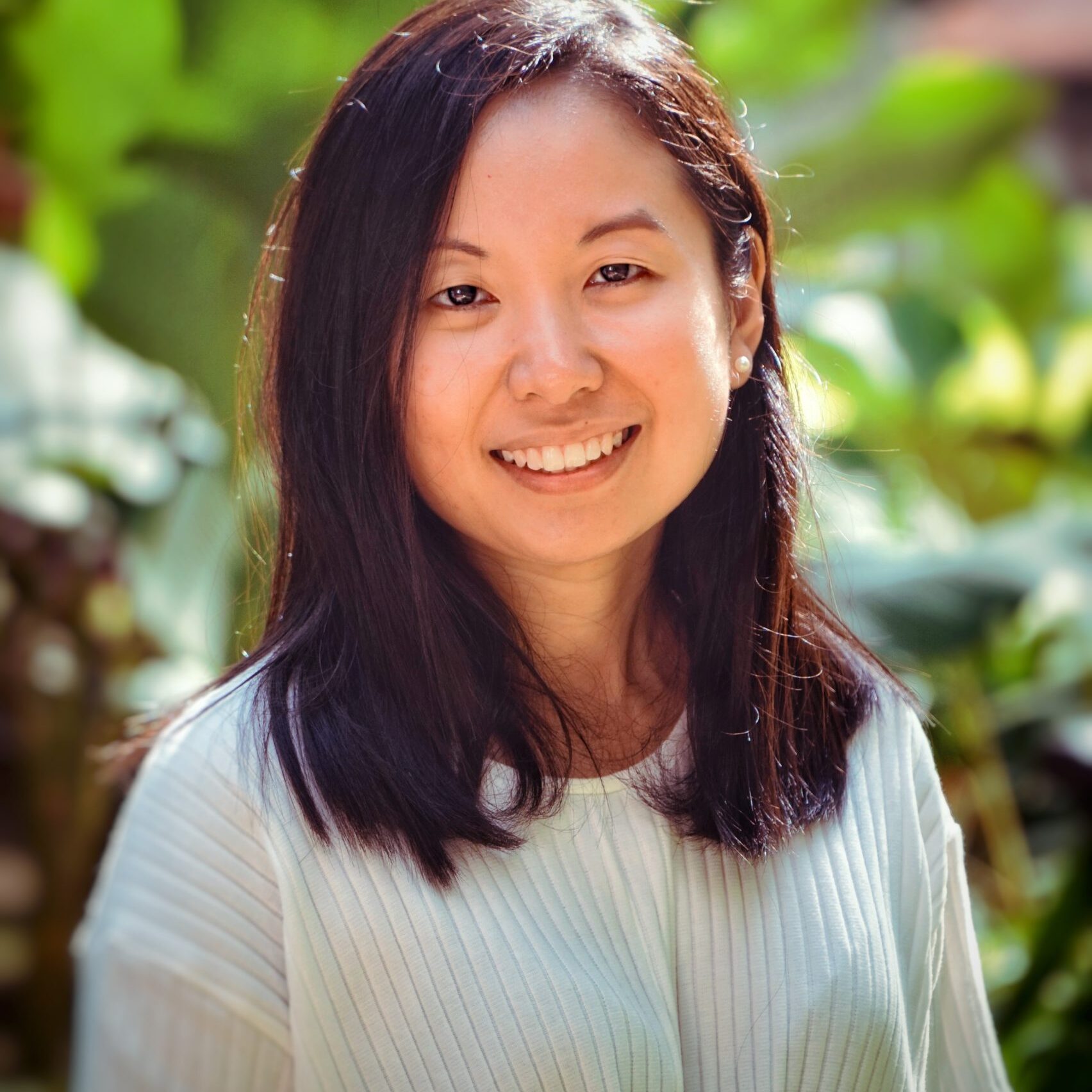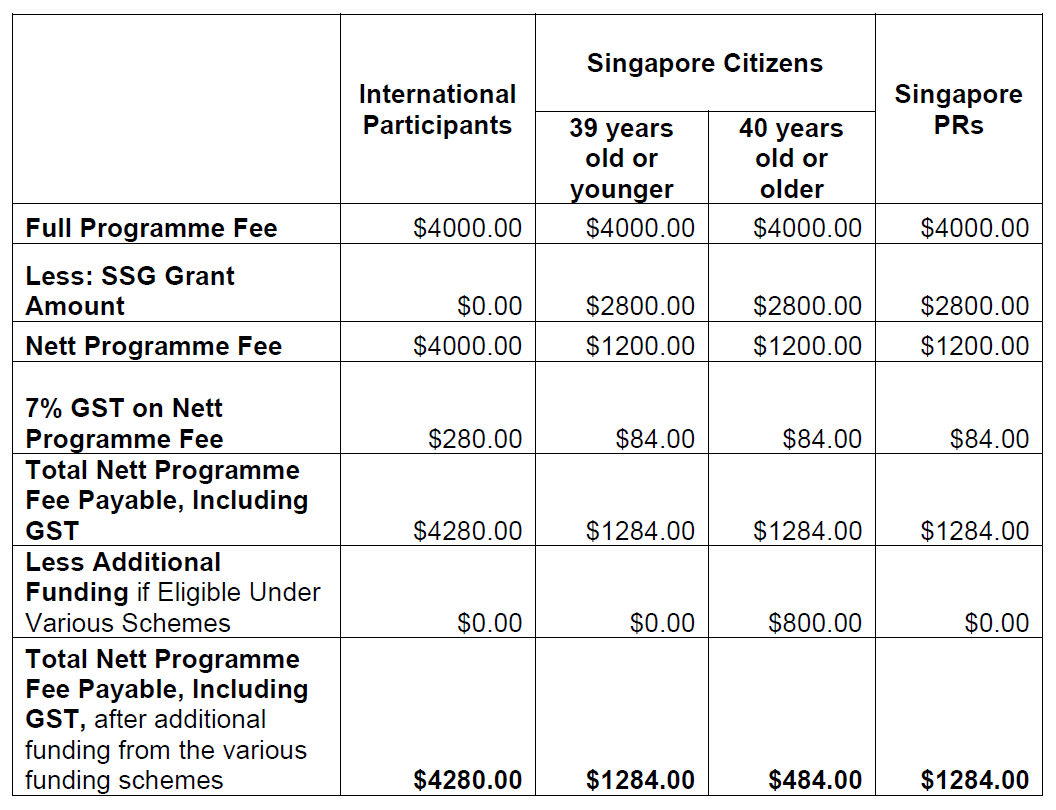Research Skills for Social Services Mentoring Programme (January 2022)
Registration
Interested applicants can register for the course via NUS Online Application Portal.
Registration has closed.
Kindly note that in addition to registering through the NUS Online Application Portal, interested applicants must submit a brief research proposal at this link.
About
This 13-week course is a research mentoring programme that offers social service professionals an opportunity to complete a small-scale research project with guidance from experienced researcher-mentors. Participants in this programme will be supported by workshops, peer group discussions, and regular feedback from mentors. Throughout the programme, social service professionals will be guided from the conceptualisation of the research problem to data collection, data analysis, and presentation of their research findings.
While the workshops and mentors may provide support on specific research methods or skills, these would tailor towards the needs and requirements of the research projects proposed. The programme strives to provide a holistic guidance and support on the different stages of research for each proposed research project.
At the end of the programme, participants are expected to achieve the following objectives:
• Conceptualise and construct sound research questions relevant to their social service practice that would develop into feasible research projects completed within the programme time-frame;
• Apply appropriate research methods to their research projects;
• Understand and appreciate ethical concerns on social service research;
• Conduct data collection or fieldwork necessary for their research projects;
• Conduct appropriate data analyses and provide accurate data interpretations for their research projects; and
• Prepare and present research findings for a mini-conference.
Programme Structure
The research mentoring programme will be conducted over 13 weeks. There will be 2 full-day workshops, 6 mentoring sessions, and 1 end-of-course graduation presentation.
• Workshop 1: 17 Jan 2022, 9:30AM – 5:00PM (online)
• Workshop 2: 18 Jan 2022, 9:30AM – 5:00PM (online)
• 6 mentoring sessions: to be arranged with mentors (online)
• Graduation presentation (for participants): 11 Apr 2022 (TBC)
Programme Mentors




Dr Gerard Chung is a Research Fellow at the Social Service Research Centre (SSR), NUS. He completed his Ph.D. in social work at the University of North Carolina at Chapel Hill, USA. He is interested in researching parenting and families, intervention development, and casework processes in social service agencies.
Dr Charmaine Lee is a Research Fellow at the Social Service Research Centre (SSR), NUS. She believes that good research comes with a good dose of fun and common sense. Charmaine loves to experiment with various study designs and methods when evaluating programmes amidst multiple constraints. With her varied experience in healthcare, business development and the social services, she is eager to address complex issues that matter in the sector.
Dr Robyn Tan is a Research Fellow at the Social Service Research Centre (SSR), NUS. Her research interests include studying the implementation of policies, programmes and interventions. She has a keen interest in applying theory-driven evaluation approaches, particularly, the realist logic of inquiry in real world policy and service settings.
Dr Ng Guat Tin is an Associate at the Social Service Research Centre (SSR), NUS. Her past research and evaluation studies were related to recovery from the 2008 Sichuan earthquake, well-being of older persons, family caregiving, family violence, training needs assessment, and service design. Her current research interests include aged care, family caregiving, transnational families, and documentation of social services.
Programme Fee
This course is SSG-approved. Participants who are Singaporeans or Singaporean Permanent Residents will be eligible for subsidies of 70% of the course fees, excluding GST. Singaporean participants who are aged 40 years old and above will be eligible for higher subsidies of up to 90% of course fees. Participants are required to attend at least 75% of the course and obtain a pass grade for the required assignments.


